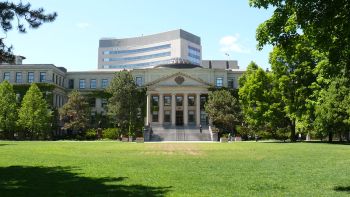
The Institut SoMuM is pleased to support three thematic schools: The Balkans. Espaces, sociétés, histoire - IIIe édition ; Sciences sociales et terrains à haut risque en Syrie et au Moyen-Orient ; l'Université d'été du Rédoc (Réseau international d'écoles doctorales en sociologie / sciences sociales).

The Institut Sociétés en Mutation en Méditerranée (SoMuM) and the Service Commun de la Documentation (SCD) of Aix-Marseille Université, invite you to their training session "Valuing my publications while respecting copyright", on Wednesday May 29, 2024, from 9:30 am to 12:30 pm. This course is organized in partnership with the Pôle Édition of the Maison méditerranéenne des Sciences de l'Homme (MMSH).

As part of the Call for projects 2024 - Support for scientific events, aimed at PhD students, teacher-researchers and researchers from the 12 laboratories within the SoMuM perimeter, the Institute has contributed financially to upcoming national and international colloquia, workshops and cultural events:

This symposium is supported by the Institut Sociétés en Mutation en Méditerranée (SoMuM), as part of SoMuM's Call for Projects 2024 - Support for scientific events.
It invites us to consider the development of knowledge about the revolts against which the governing authorities deployed armed troops throughout the 19th century. It focuses on the use and influence of the knowledge produced on the revolt in the political and social re-ordering of the movement, and on the place of these events in the disciplinary corpus concerned. It also looks at the knowledge developed within the revolting populations.


